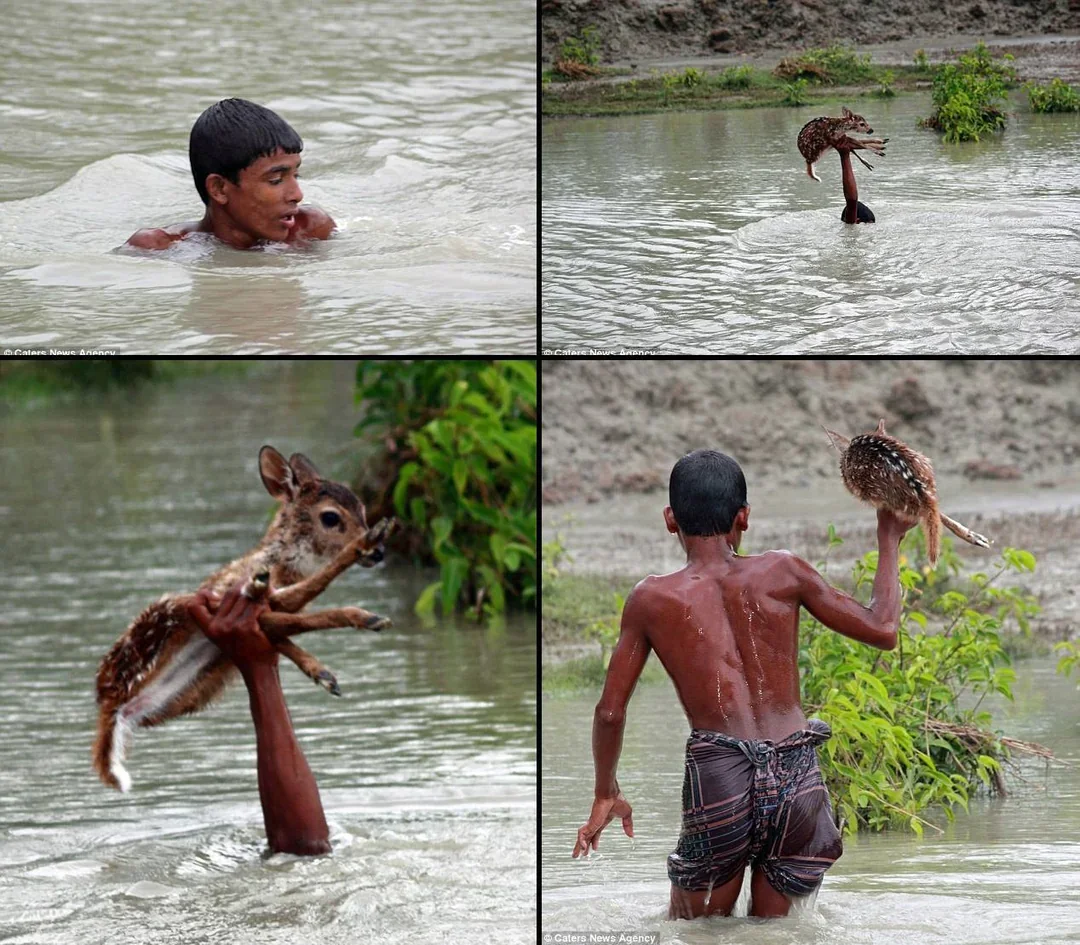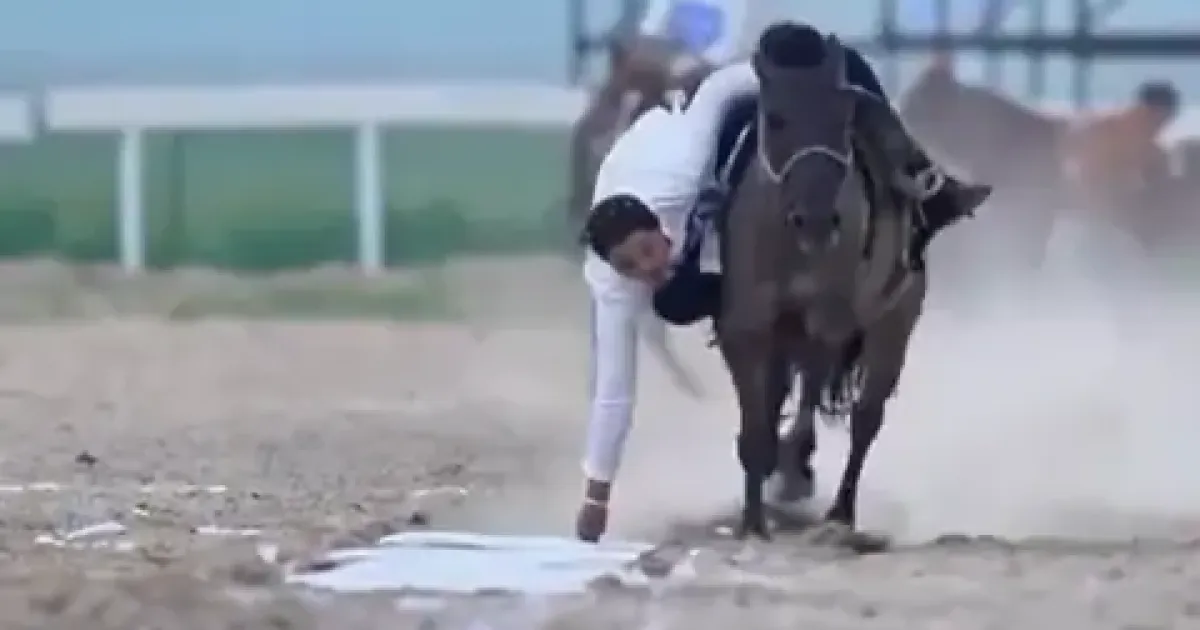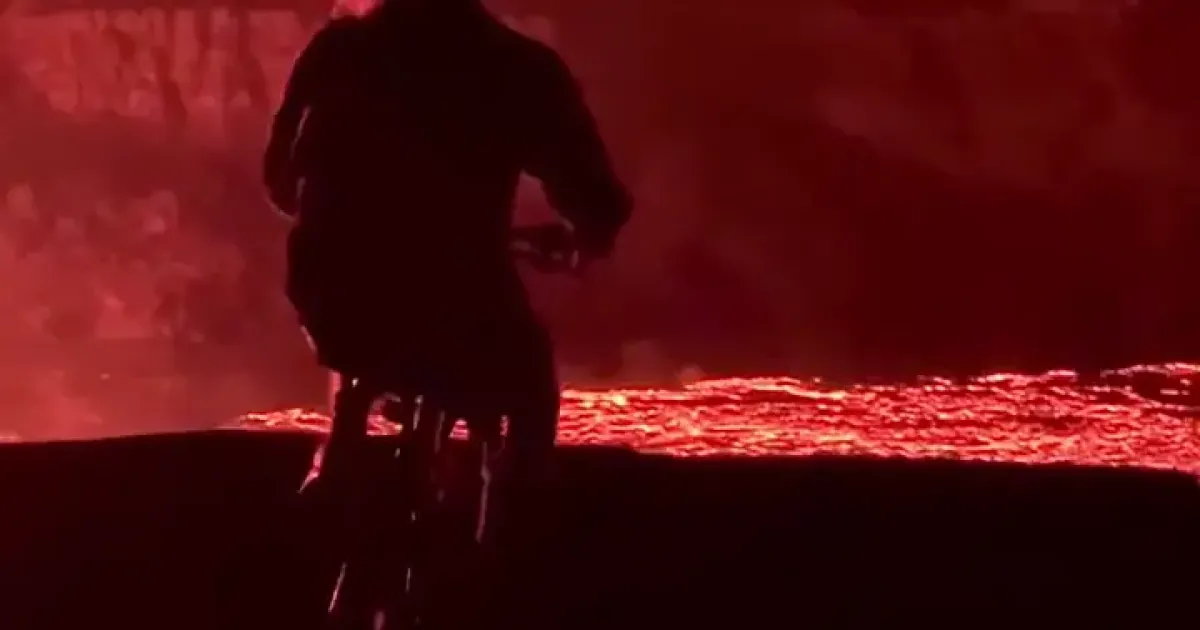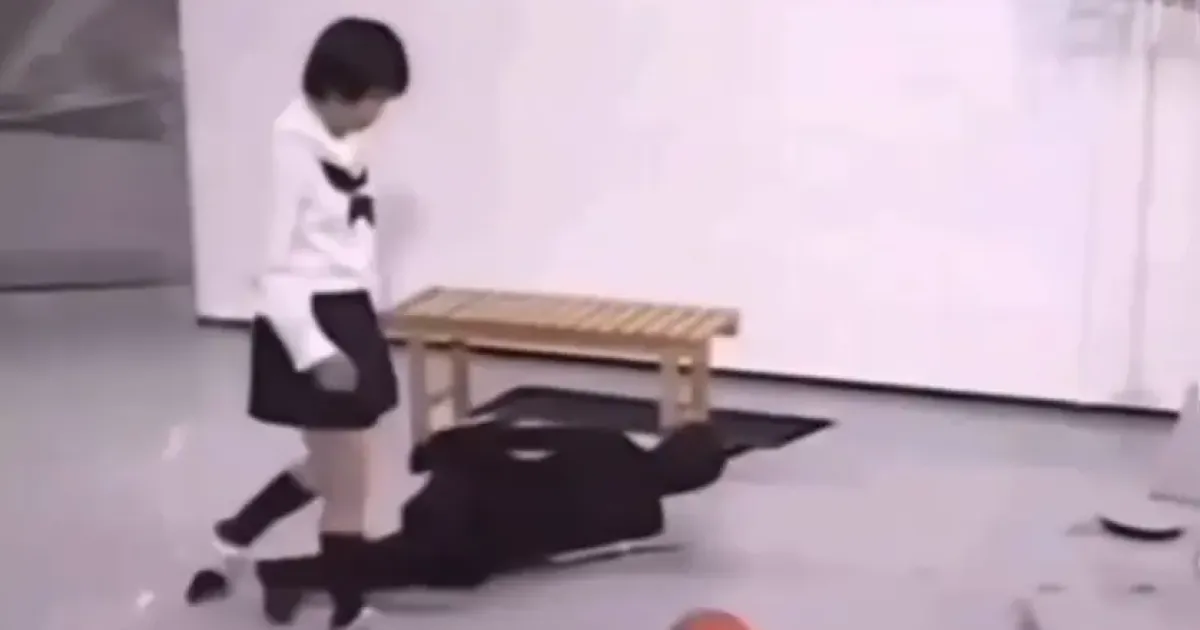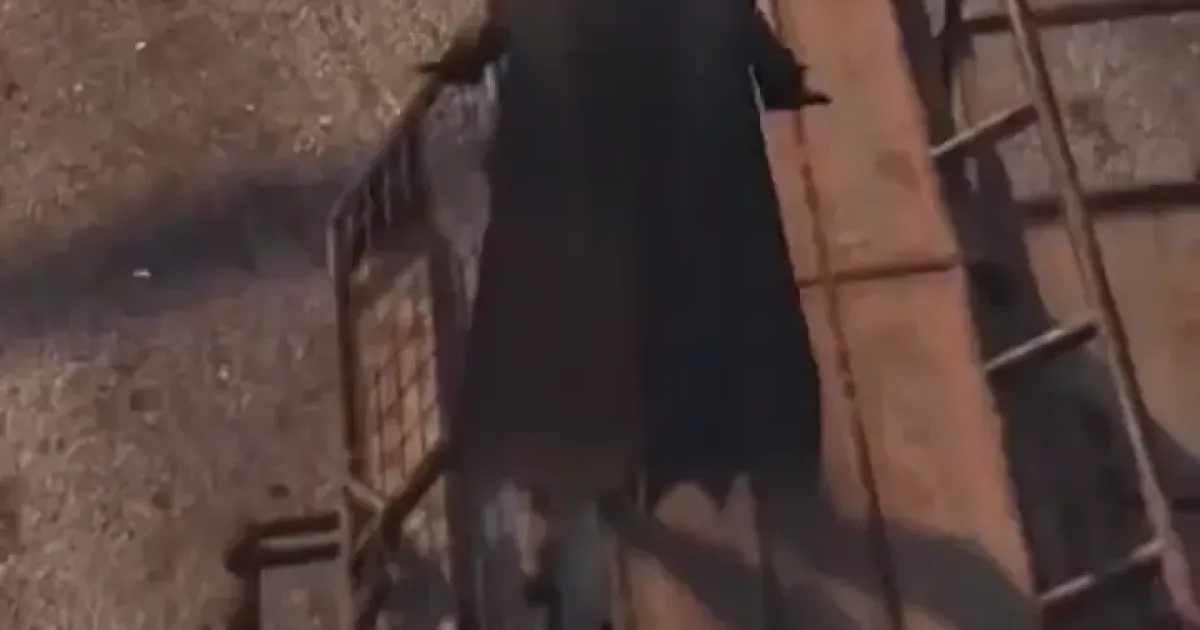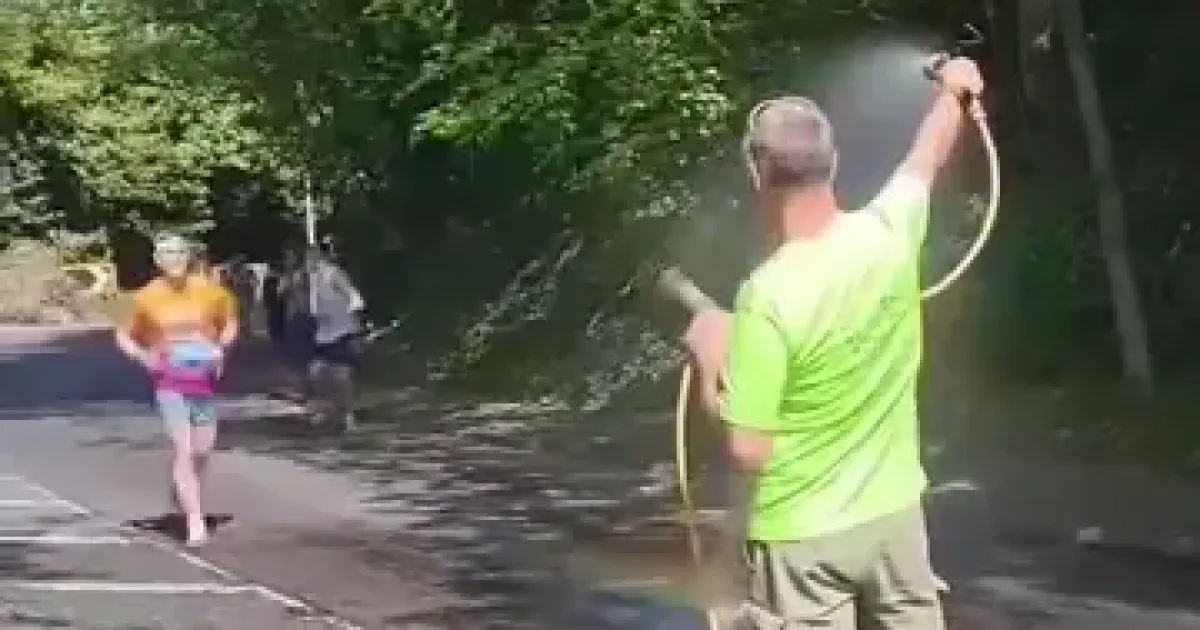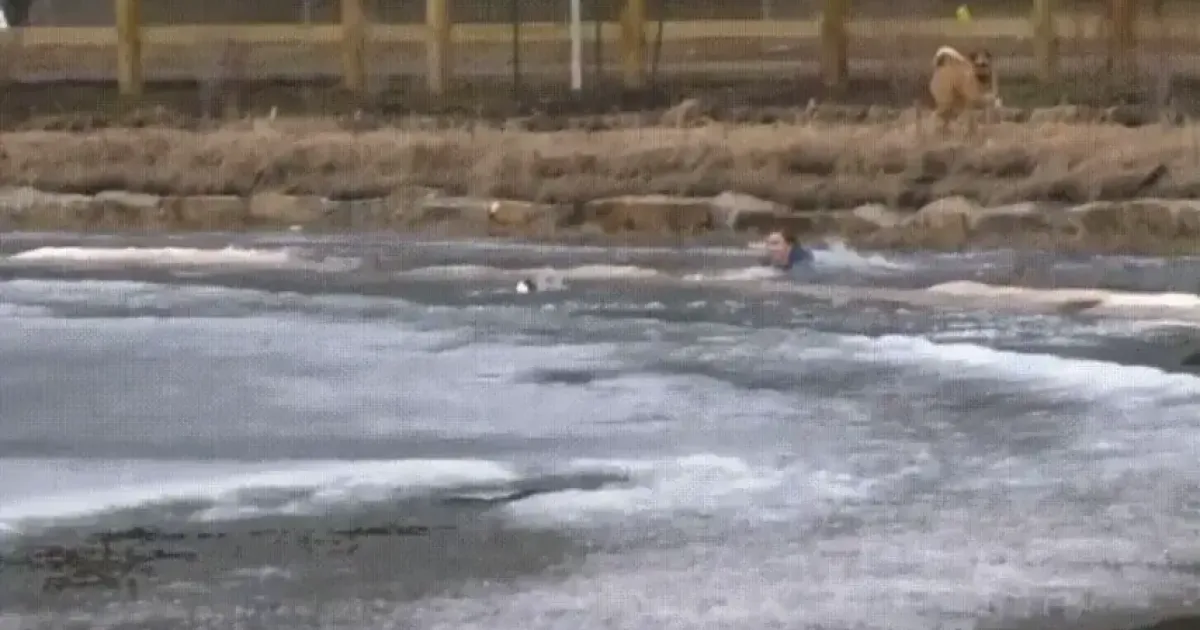 GIF
GIF
The Evolution of Humanity
The story of human evolution is a fascinating journey that spans millions of years, detailing the transformation of early primates into modern humans. This evolutionary path is marked by significant milestones in physical, cognitive, and cultural development.
Early Beginnings
The journey of human evolution begins with our ancient primate ancestors. Around 7 million years ago, the first hominins, the group that includes modern humans and our closest relatives, diverged from the ancestors of chimpanzees and bonobos. These early hominins, such as Sahelanthropus tchadensis, had both ape-like and human-like characteristics.
The Australopithecines
One of the most well-known early hominins is Australopithecus afarensis, exemplified by the famous fossil "Lucy," discovered in Ethiopia. Living around 3.9 to 2.9 million years ago, Australopithecus afarensis walked upright on two legs, a crucial step in human evolution, while still retaining some tree-climbing adaptations.
The Genus Homo
Around 2.4 million years ago, the genus Homo emerged. Homo habilis, known as the "handy man," was one of the earliest members of this genus. Homo habilis is associated with the creation of simple stone tools, marking the beginning of technological innovation.
Homo Erectus and Migration
Homo erectus, appearing around 1.9 million years ago, was a significant step forward in human evolution. This species exhibited larger brain sizes and more advanced tool use. Homo erectus was also the first hominin to migrate out of Africa, spreading to Asia and Europe, showcasing adaptability and survival skills in diverse environments.
Neanderthals and Modern Humans
One of the most famous relatives of modern humans is the Neanderthal (Homo neanderthalensis), who lived in Europe and western Asia. Neanderthals were skilled hunters and toolmakers, and they even created symbolic art and buried their dead. Around 300,000 years ago, Homo sapiens, our own species, emerged in Africa. Homo sapiens exhibited advanced cognitive abilities, leading to sophisticated language, art, and cultural practices.
The Great Leap Forward
Approximately 70,000 years ago, Homo sapiens underwent a "Great Leap Forward," marked by a significant increase in creativity and technological innovation. This period saw the development of complex tools, art, and the beginnings of organized societies.
The Agricultural Revolution
About 10,000 years ago, the Agricultural Revolution transformed human societies. The domestication of plants and animals led to the development of agriculture, allowing humans to settle in one place and form complex civilizations. This period saw the rise of cities, writing systems, and advanced technologies.
Modern Humans
Today, Homo sapiens are the only surviving members of the hominin lineage. Our species has spread across the globe, adapting to various environments and developing diverse cultures. The study of human evolution continues to uncover new insights, helping us understand our origins and the traits that make us uniquely human.
The journey of human evolution is a testament to the resilience, adaptability, and ingenuity of our ancestors. It highlights the incredible transformations that have shaped us into the complex beings we are today.
Read More...

She's a model
She’s a model
.
.
.
.
#jenniferlopez
#alexandradaddario #AngelinaJolie #MeganFox #margotrobbie
#chrisevans #ChristianBale #AnneHathway #BrieLarson
#ScarlettJohansson #elizabetholsen #JenniferLopez
#JenniferAniston #JenniferLawrence #priyankachopra
#KristenStewart #HaileeSteinfeld #emiliaclarke #galgadot
#wonderwoman #DC #mcu #MeganFox #kyliejenner
#kimkardashian #kendalljenner❤️❤️❤️
Read More...

The Importance of History for Humanity
History, often viewed as a collection of past events, holds far more significance than merely recording what has happened. It is the bedrock of human civilization, shaping our present and influencing our future. The study of history is crucial for several reasons, each highlighting its profound impact on humanity.
Understanding Human Nature
History provides insights into human behavior and societal development. By studying the actions, motivations, and outcomes of people in different eras, we can better understand what drives human behavior. This knowledge helps us predict how societies might react to current and future events, fostering empathy and cultural awareness.
Learning from the Past
One of the most significant benefits of studying history is learning from past mistakes and successes. Historical events, whether triumphs or tragedies, offer valuable lessons. For example, understanding the causes and consequences of wars, economic collapses, and social movements can guide current leaders in making informed decisions to avoid repeating errors.
Cultural Identity and Heritage
History is a vital component of cultural identity. It helps individuals and communities understand their roots, traditions, and shared values. This sense of belonging and continuity fosters unity and pride among people. Preserving historical landmarks, documents, and artifacts allows future generations to connect with their heritage and maintain a sense of identity.
Building Critical Thinking Skills
The study of history involves analyzing sources, understanding context, and interpreting different perspectives. This process develops critical thinking and analytical skills. Historians must evaluate evidence, identify biases, and construct coherent narratives. These skills are transferable to various fields, enhancing problem-solving abilities and informed decision-making.
Shaping the Future
History is not just about the past; it actively shapes the future. By understanding historical trends and patterns, we can anticipate potential challenges and opportunities. History informs policy-making, education, and innovation. For instance, lessons learned from historical pandemics have guided modern public health responses to crises like COVID-19.
Preserving Human Achievements
History chronicles human achievements and milestones, celebrating progress in science, art, literature, and philosophy. Recognizing these accomplishments inspires future generations to strive for excellence and contribute to the collective knowledge and advancement of humanity.
Promoting Social Justice
Studying history highlights the struggles for freedom, equality, and justice. It brings attention to the marginalized and oppressed, ensuring their stories are not forgotten. This awareness promotes social justice and encourages efforts to create a more equitable and inclusive society.
In conclusion, the importance of history for humanity cannot be overstated. It is a treasure trove of knowledge that informs our understanding of human nature, guides decision-making, preserves cultural identity, builds critical thinking skills, shapes the future, celebrates achievements, and promotes social justice. Embracing history enables us to learn from the past, navigate the present, and build a better future.
Follow for more @HistoryEchoes
Read More...









